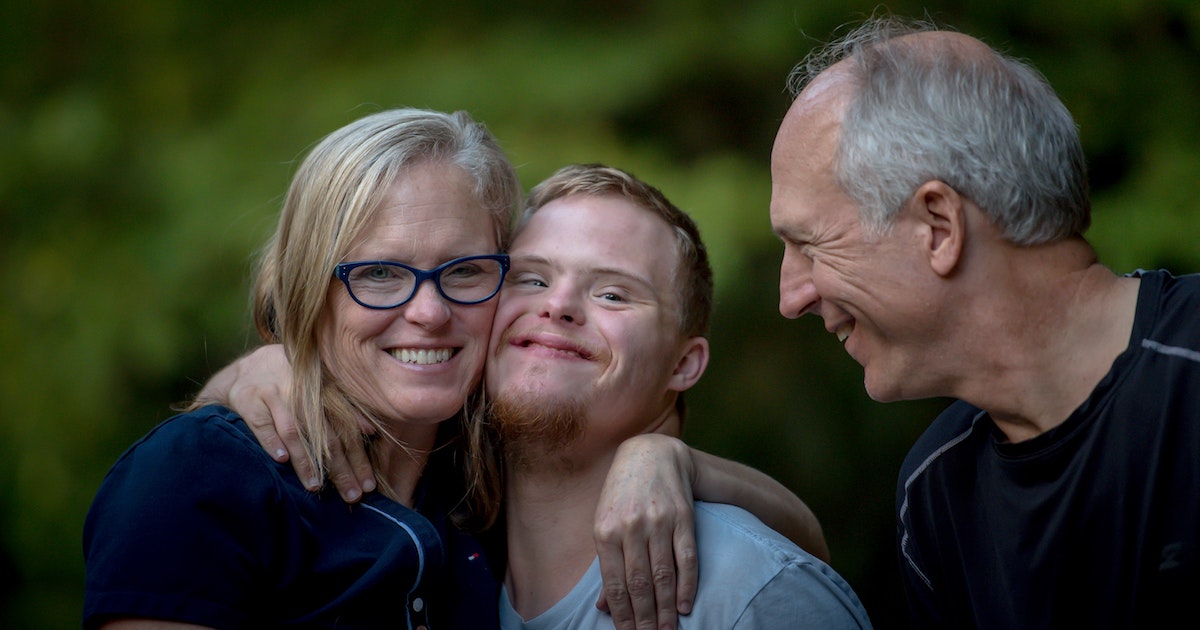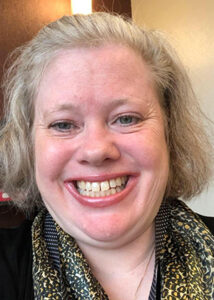
02 Mar 2023 Melissa Ortiz: Broken Bones or Broken Hearts?
A popular refrain from my childhood was “sticks and stones may break my bones, but words will never hurt me.” It was yelled with great bravado across playgrounds, classrooms, bus aisles and anywhere else you’d find groups of children.
An entomology nerd, I looked up the origins of the phrase. It is thought to have originally been presented as an “old adage” in the AME’s The Christian Recorder of March 1862, with the original form being along the lines of “Sticks and stones may break my bones, but words will never break me; names will never harm me.”
No disrespect to the African Methodist Episcopal denomination, but I tend to agree more with Robert Fugham’s assessment in Everything I Ever Needed to Know I Learned in Kindergarten that goes like this: “Sticks and stones will break our bones, but words will break our hearts.”
Bones heal with time. Some hearts never do. The words we use with one another can build up or denigrate. In short, words matter.
Language changes over time in any arena; this is especially true in disability-related policy. In honor of March being Disability Awareness Month, here are a few pertinent examples of the words we might be using without thought to origins and meanings, along with some better alternatives:
The Disabled – Use “people first” language when referring to individuals with disabilities. Using the word “the” in front of any group of people objectifies them. Put the focus on the person, not the disability, i.e., people with disabilities. Use terms that convey ability, merit and dignity.
Suffers from – Connotes physical or emotional pain. Instead, say the person has (name of disability).
Afflicted or affliction – Person who has or is affected by is much better.
Victim – Where’s the crime? A person may be disabled as the result of an event that could be considered criminal, but that doesn’t make the disability itself a crime or the person a victim.
Confined to a wheelchair or wheelchair-bound – It’s better to say the person uses a wheelchair.
Crippled, crippling or any form of this word – Usage in our language has made this the equivalent of labeling someone as being damaged or rendered useless. It is better to say the individual has a disability, and if necessary, describe specifically how the disability affects the person.
“The blind kid” or similar qualifiers – The term “blind” is okay to describe the condition, but not a person. Please use person who is blind when referring to people.
Disease, defect or deformity – While a disease may cause a disability, the disability is not communicable, and the person who has the disability may be perfectly healthy… and how could anyone want to be referred to as diseased, defective or deformed? Unless there is a specific medical diagnosis, refer to disabilities as conditions.
Drain or burden – No one wants to be referred to as a drain or burden on loved ones or caregivers. Persons with disabilities are often the first to acknowledge and appreciate caregivers’ added responsibilities.
Handicap or The Handicapped – These terms come from a time after World War One when people with disabilities, especially soldiers wounded in battle, were forced to be beggars, on the street with “cap in hand.” It is better to simply say the person has a disability.
Physically (or mentally) challenged – People with disabilities face many challenges, but that isn’t the point. Most people with disabilities are perfectly aware of their conditions. Using a euphemism won’t change that.
Retard or retarded – Use of these words in any context is extremely offensive and inappropriate. It is acceptable to say a person has an intellectual disability.
Spastic – a diagnostic qualifier in specific medical contexts; using the word spastic outside of those contexts is unacceptable.
Autistic – Speak in terms of someone having autism or being autistic. “Sharon has autism” “She is autistic.”
Using language that reflects our American belief that everyone is equal and fully a part of our society, regardless of level of ability, is crucial. Using these words will help ensure respect from fellow citizens, and especially from the media, which often reflects our society’s perceptions.
While it may seem cumbersome at first, learning the new appropriate phrases is easier than you might think and eventually they will roll right off your tongue when discussing living with a disability. If you need help learning all this, email me at [email protected] to get a one-pager “cheat sheet” by return email.
Melissa Ortiz serves as Senior Advisor for the Able Americans Project at the National Center for Public Policy Research.




